When it comes to accident towing in Bristol, CT, safety is the top priority for every towing crew. At Skytop Motors, LLC, we understand that the right personal protective equipment (PPE), proper gear, and adherence to OSHA guidelines are essential for protecting our team and the public during every call.
Why Safety Matters in Accident Towing
Towing professionals face unique hazards—ranging from roadside traffic to hazardous materials—especially during accident recovery. Implementing robust safety protocols not only protects employees but also ensures efficient, reliable service for those in need of accident towing in Bristol, CT.
Essential PPE for Towing Crews
Personal Protective Equipment (PPE) is the first line of defense against workplace injuries. Every towing operator should be equipped with:
- High-visibility vests: These make crew members visible to oncoming traffic, especially at night or in low-light conditions. The Federal Highway Administration requires emergency workers near highways to wear fluorescent safety vests in green, yellow, or orange.
- Gloves: Heavy-duty gloves protect against sharp debris, broken glass, and hazardous materials often present at accident scenes.
- Safety boots: Steel-toed, slip-resistant boots prevent foot injuries and improve stability on uneven ground.
- Helmets and goggles: These shield against head injuries and flying debris.
- Ear protection: In noisy environments, earplugs or earmuffs can prevent hearing loss.
Proper Gear and Equipment Maintenance
Using the right gear is only effective if it’s well-maintained. Regular inspections and preventive maintenance of tow trucks and equipment are critical. Never attempt to tow a vehicle that exceeds your equipment’s rated capacity, and always document maintenance activities to reduce the risk of mechanical failure.
OSHA Guidelines for Towing Crews
OSHA (Occupational Safety and Health Administration) sets standards to minimize workplace hazards for tow truck operators:
- Employee Training: All crew members must receive comprehensive safety training, including emergency procedures, PPE use, and hazard awareness. Training should be documented and refreshed regularly.
- Scene Safety: Always park tow trucks to create a barrier between the crew and traffic. Use running boards and handrails to prevent slips and falls. When possible, use remote controls to minimize time spent outside the vehicle.
- Health Protocols: Frequent handwashing or use of hand sanitizer, disinfecting high-touch surfaces, and staying home when sick are essential practices to maintain crew health and operational readiness.
- Hazard Communication: Crews must be briefed on the specific hazards of each job, including chemical exposures or unique accident scene risks. When working with hazardous materials, additional PPE and training may be required under OSHA’s HAZMAT standards.
Best Practices for Accident Towing in Bristol, CT
- Always wear the required PPE before arriving at an accident scene.
- Conduct a quick safety assessment upon arrival and communicate hazards to the team.
- Follow all OSHA and DOT regulations for documentation, equipment use, and incident reporting.
- Prioritize defensive driving and situational awareness to protect yourself and others.
Skytop Motors, LLC is committed to the highest safety standards for accident towing in Bristol, CT. By investing in proper PPE, maintaining equipment, and following OSHA guidelines, we ensure our crews are protected and our customers receive dependable, professional service every time.





